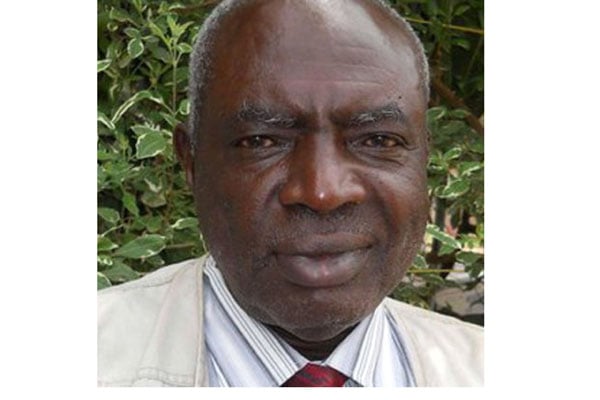Prime
Farming not limited to crop and animal production

Michael Ssali
What you need to know:
- To more than 75 percent of the population in Uganda farming is the main form of employment, directly or indirectly.
Today farming is not limited to cultivating the field to grow crops or take care of sheep, poultry, and cattle.
It means a lot more. It involves the study of the nature of soil on which the farmer is working (soil science) storage and marketing of agricultural products and farmed animals (agricultural economics) and some understanding of the weather patterns (climate) processing (value addition) management of human labour, record keeping, accounts and auditing, and a lot more.
Farming is a tricky industry that is linked to many subjects that were taught in school --- chemistry, biology, physics, mathematics, geography, entrepreneurship, commerce, and accounts.
To more than 75 percent of the population in Uganda farming is the main form of employment, directly or indirectly. They live on their small plots of land in rural areas with farming as their main occupation and source of livelihood.
Our children therefore need good and sound school education to be successful farmers. They need more education on climate change and biodiversity.
If we want them to be more innovative and contribute more to the development of farming we should even do more than effectively teaching the farming enabling subjects by setting up a school garden and a livestock project in every school where the children get practical lessons in a sector that is so important in our economy.
Our schools should also teach history, civics, and the conditions that lead to political instability and civil unrest because they are the future leaders. Your columnist has been reading a document titled: “Food and Humanitarian Crises – Science and Politics for Prevention and Mitigation” which is a reflection on the once held Pontifical Academy of Sciences (PAS) workshop with the UN Food and Agriculture Organization (FAO) and other partners.
Think of a situation like what we went through in the war that brought down Idd Amin and what took place during the five-year-civil war that ushered in the National Resistance Movement. As farmers we work on land where we grow crops and keep livestock.
Wars and armed conflicts don’t help our work. They disrupt food production and supply systems, and displace citizens. The lawyers, the engineers, the doctors, and other professionals can go to exile overseas and still get employment but we cannot go to exile with our coffee plantations and poultry houses. We may not easily transfer our cattle, goats, and sheep.
Mr Michael Ssali is a veteran journalist,
[email protected]




